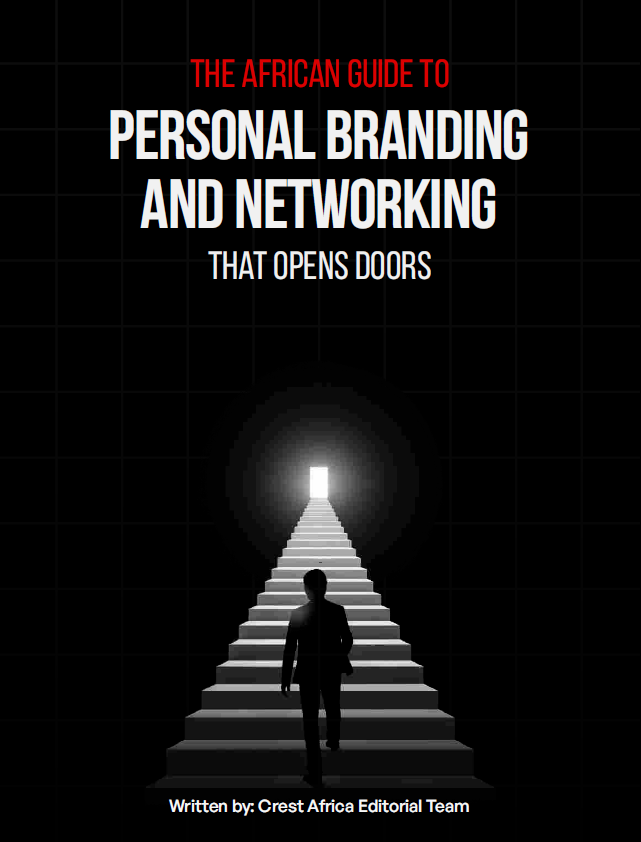Nigeria’s tech ecosystem is under pressure following the shutdown of at least 15 startups that had collectively raised over $100 million in funding.
These companies, across sectors such as fintech, health tech, edtech, and logistics, attracted global investor interest and top talent, but have now been forced to close due to their inability to scale, raise follow-on capital, or sustain operations, according to Leadership News.
One of the most notable cases is Okra, a fintech infrastructure company co-founded by Fara Ashiru Jituboh and David Peterside.
The company, once seen as a pioneer of open banking in Nigeria, raised $16.5 million in total before announcing in May 2025 that it was shutting down.
Okra had drawn backing from Silicon Valley investors and attracted talent from companies like Google, PayPal, and Mastercard.
It was envisioned as a transformative financial platform across Africa, from Nigeria, to Ghana, to Kenya.
Although Okra stated that its payments business might continue and that only its cloud product, Nebula, had been shut down, the lack of further updates and the inability to return more than $5.5 million to investors confirmed the end of its operations.
Co-founder Fara Ashiru has since joined UK-based Kernel as Head of Engineering.
Another major shutdown was 54gene, a health tech company that began winding down in 2023 after raising over $70 million in total across multiple funding rounds, some reports citing $45 million, while others noted $70 million+.
Lazerpay, launched by 19-year-old Njoku Emmanuel, raised $1.1 million before shutting down in April 2023.
“Despite our team’s tireless efforts to secure the necessary funding to keep Lazerpay going, we were unable to close a successful fundraising round.
We fought hard to keep the lights on as long as possible, but unfortunately, we are now at a point where we need to shut down,” Emmanuel said in a press release.
Don’t Miss This:
African Startup Funding Hits $254 Million In May, Led By Egypt’s Investment Boom
Vibra, a crypto startup, raised $6 million in a pre-Series A round before closing in 2024.
Zazuu, a cross-border payments company, raised $2 million in July 2023 but shut down later that year due to lack of additional funding.
Pivo raised a total of $2.6 million, $100K pre-seed and $2 million seed, and closed in 2024.
ThePeer shut down in April 2024 after raising $2.1 million. Lazerpay raised $1.1 million before shutting down in 2023.
Bundle Africa raised $450,000 in a pre-seed round before its closure. Other affected startups include Edukoya, Quizac, Cova, Joovlin, HerRyde, Hytch, and OkadaBooks.
Although their funding rounds were not publicly disclosed, their shutdowns contribute to the overall loss.
OkadaBooks, which had been in operation since 2013 and participated in Google’s Launchpad Accelerator in 2017, announced its shutdown in November 2023.
“We explored various avenues to keep our virtual bookshelves alive but, unfortunately, the challenges we face are insurmountable,” CEO Okechukwu Ofili wrote in a farewell message on social media.
In total, the confirmed funding figures add up to approximately $76.15 million, though the actual total likely exceeds $100 million when undisclosed investments are included.
The Chairman of Signal Alliance Technology Holdings (SATH), Collins Onuegbu, said the main reason for these closures was the decline in available investor funding.
“If it becomes difficult for startups to raise additional money to grow their business, then they would run into problems,” he said.
Onuegbu emphasized that startups often rely on continuous funding rounds to support their operations and growth.
Data from Africa: The Big Deal supports this assessment, showing that startup funding across Africa dropped by 37 percent in 2023, from $6.5 billion in 2022 to $4.1 billion.
Nigeria’s funding decline was even steeper, with investment falling by 77 percent, from $2 billion between July 2021 and June 2022 to just $470 million over the next year.
This funding crash has impacted not only existing businesses but also discouraged new ones from launching.
Technology and innovation policy advisor Jide Awe, founder of Jidaw.com, said the problem goes beyond funding.
He pointed out that many Nigerian startups suffer from internal weaknesses such as poor governance, unrealistic strategies, and a focus on growth at all costs.
“One critical problem is the growth-at-all-costs mindset, where startups chase growth and fundraising while neglecting profitability and sustainability,” Awe said.
He noted that many founders focused on visibility and vanity metrics instead of building scalable products that address core local problems.
High burn rates, overhiring, and a lack of operational discipline were common.
External factors like Nigeria’s “japa” trend, where skilled talent leaves the country, infrastructure issues, regulatory uncertainty, currency volatility, and low consumer purchasing power also contributed to the closures.
“Many startups also fail to realistically account for inflation, naira volatility, poverty levels, and low financial literacy. Corporate governance is another critical area. Lack of transparency and accountability leads to waste and undermines sustainability,” Awe said.
He advised startups to focus on building viable, scalable products supported by real user demand, invest in strong governance, and reduce dependency on foreign capital.
“Corporate integrity is not optional. Even the most inspiring founders need deep operational discipline to survive in Nigeria’s tough environment,” he said.
Despite the challenges, some industry veterans believe that this downturn could pave the way for a more resilient tech future in Nigeria.
With better leadership, grounded business models, and a deeper understanding of the market, they believe tech entrepreneurship in the country can recover and thrive.
Veteran entrepreneur and Zinox Group Chairman Leo Stan Ekeh emphasized that the current challenges are not new.
“The current challenges in the economy are not new. We have witnessed similar cycles in the past. But our economy has always shown resilience to rebound,” he said, referring to the global economic downturn worsened by geopolitical issues.
He urged young African founders to stay spiritually grounded, work with discipline and vision, and recognize that passion alone isn’t enough.
“Hype is good and gets you noticed, but you must work very hard behind the scenes to fill up the blank spaces with substance. Your passion must pay your bills,” Ekeh said.
Don’t Miss This:
Morocco Climbs Into Africa’s Top 10 Startup Ecosystems With Record Growth, Eyes On Regional Tech Leaders
Image Credit: Punch



